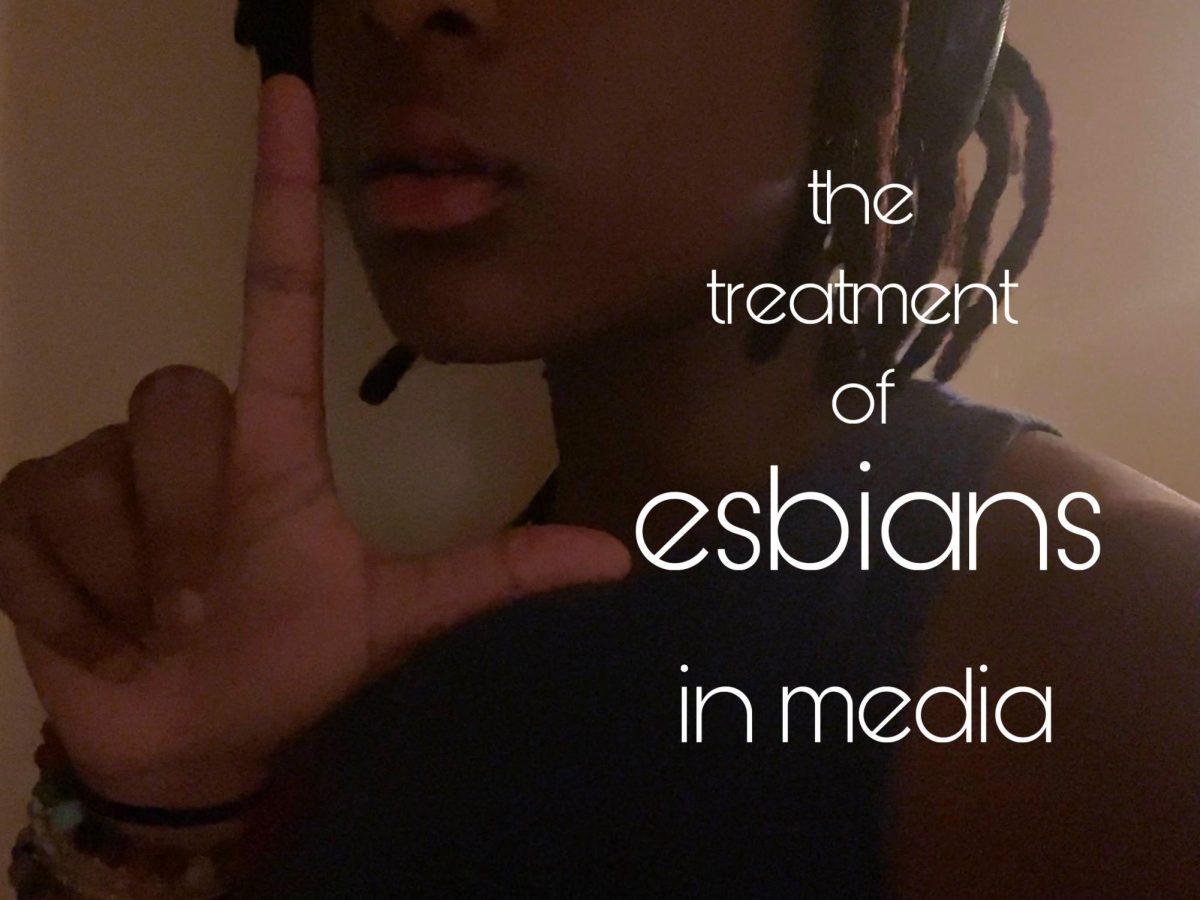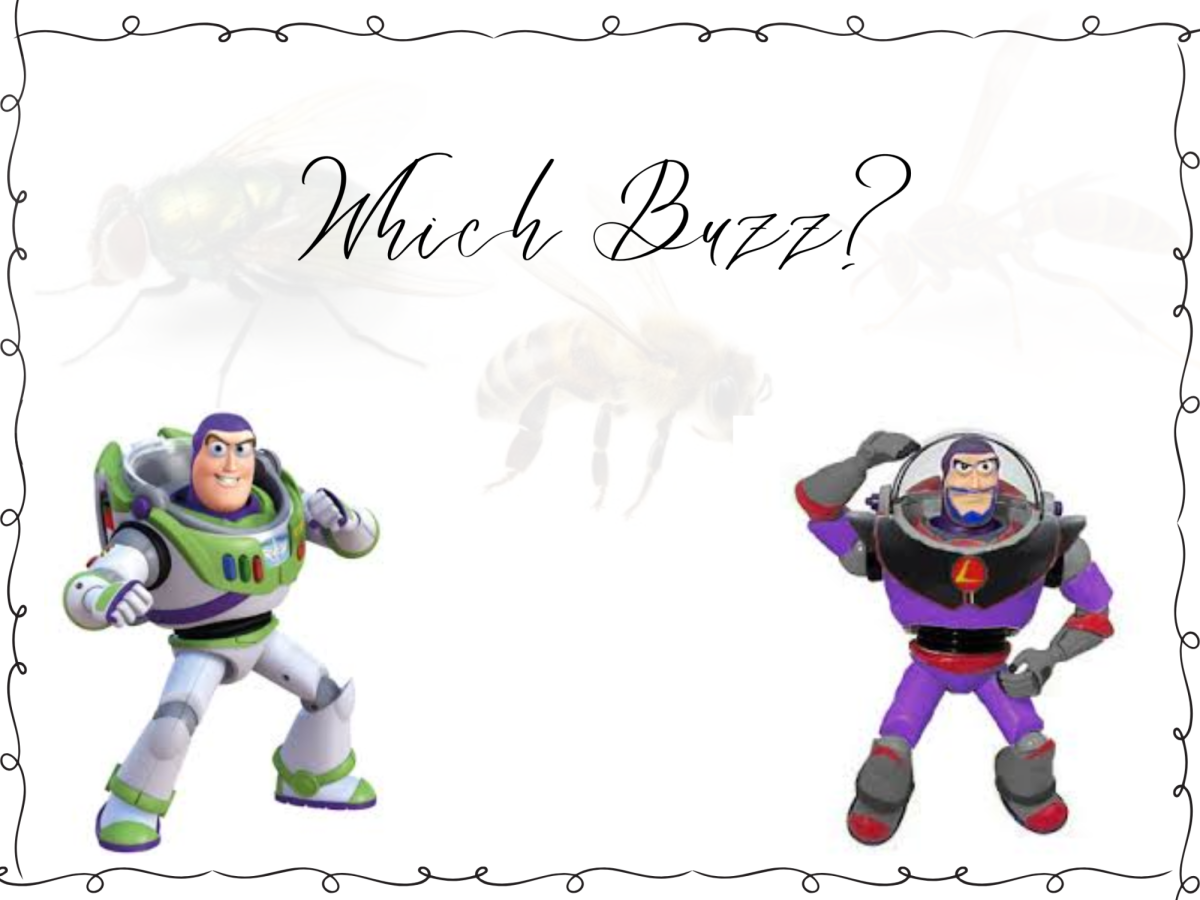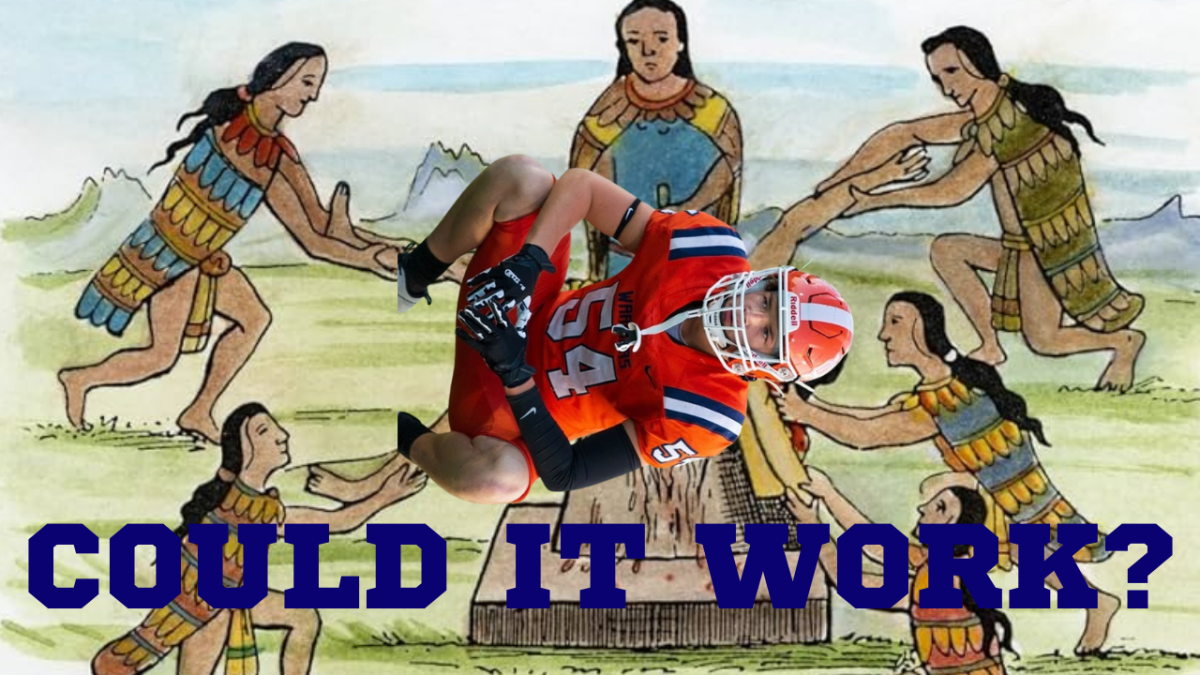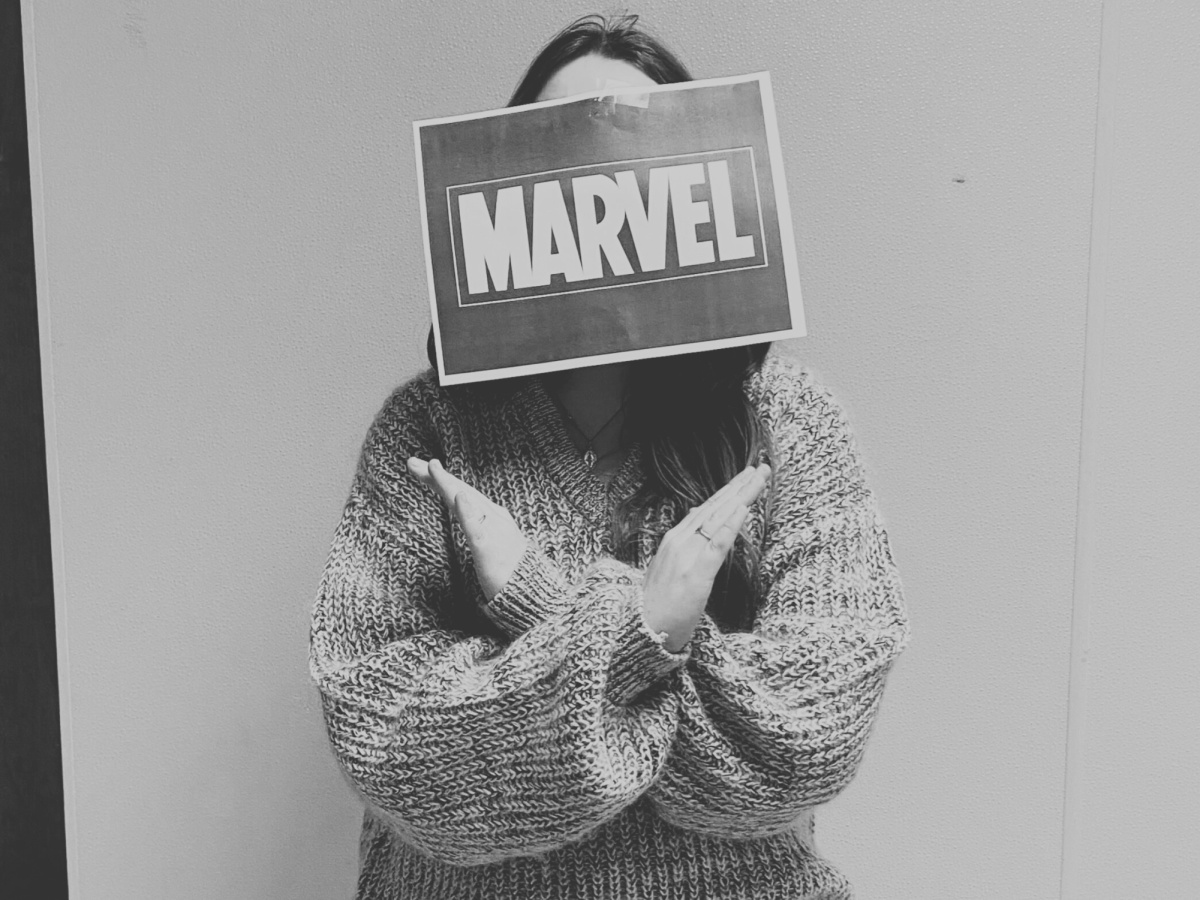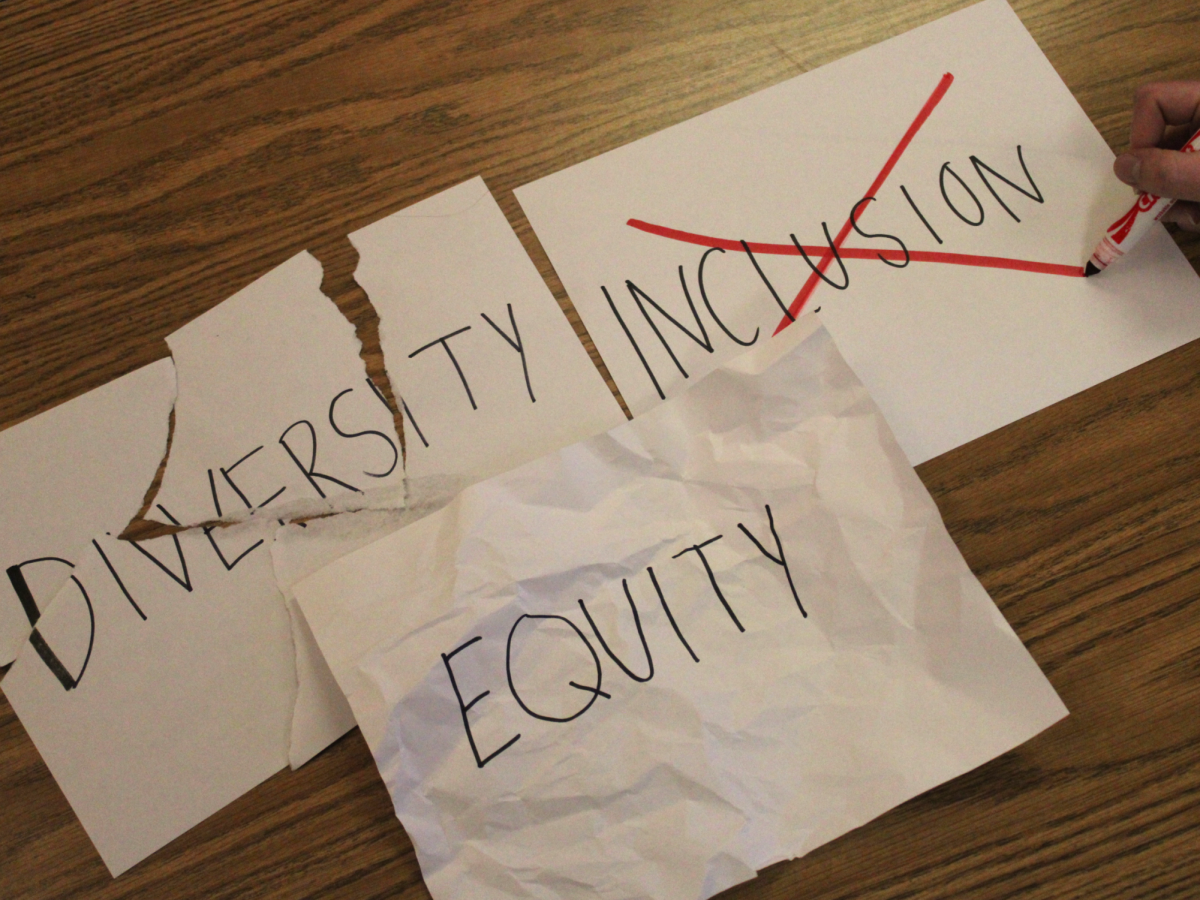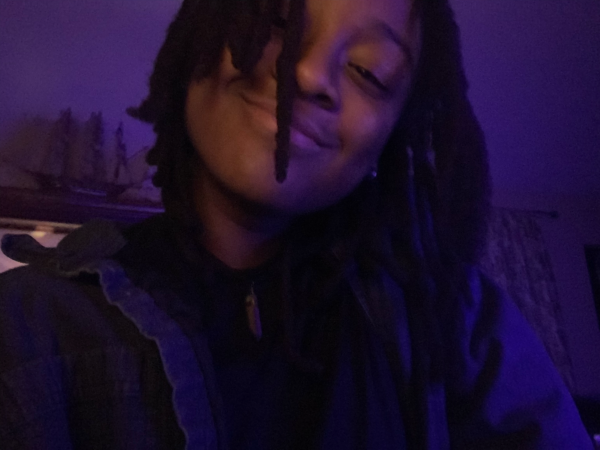Queer media, like all other types of media, constantly evolves. With blockbuster films such as “Brokeback Mountain,” “My Own Private Idaho,” and “Maurice”, gay leads dominate queer media. If someone flipped the narrative and asked about lesbian-led movies, audiences may struggle to name three. Gay men hold a prominent position in queer media due to their prevalence in movies, television, literature and other various forms of media. Whether the representation comes off as positive or negative, other sexualities find themselves marginalized because of society’s obsession with gay couples as seen with hit shows such as “Heartstopper,” which constantly secures renewals, meanwhile lesbian shows such as “First Kill” do not extend beyond season one.
With the recent release of director Emma Seligmans’ sophomore film “Bottoms,” the topic of lesbian representation, or lack thereof, resurfaced. Seligman, unlike countless current directors, actively strives to feature queerness within her films to expand the reach of lesbianism.
“We [Rachel Sennott and Emma Seligman] did know we wanted the leads to be shi**y, horny, queer girls. There might have been some part of me that was, like, I want these girls to feel empowered because I wasn’t empowered in high school; I wasn’t out. All I wanted to see was queer girls in this teen sex comedy that I wish I could have had,” Seligman said.
Audiences rarely witness lesbian media truly flourish on its own. Returning to “First Kill,” though not the first lesbian show to receive the lower hand, queer girls hoped it would put an end to this trend. The failure of lesbian shows such as “The Wilds,” “Willow” and “I Am Not Okay With This” to extend beyond the first season should serve as a wake-up call and highlight the representation issue in media.
Women in the media struggle with the need to conform to certain stereotypes. Commonly seen in traditional ways, lesbianism does not fit the traditional narrative that viewers want to see. Lesbianism typically exists as an issue, a fetish or an experience of unnecessary conflict in shows such as Euphoria, XO, Kitty and Blue is the Warmest Color. These narrow representations harm the community and show lesbians in a one-dimensional way. Lesbians experience a range of emotions and want their love portrayed in ways that provide them with a sense of respect.
While shows such as “The L Word” tell different lesbian stories, shows like this, with lesbian leads, remain overlooked and do not make much noise in queer media.
Though the livelihood of “The L Word”, “Killing Eve”, and “Dickinson” prove the belief that lesbians earn representation and reach media outlets with their concerns, audiences should want to expand the influence of lesbians as they do not receive the same representation as other groups do.
Sapphic—commonly referred to as lesbian— literature, cinema or popular sapphic artists remain relatively rare in mainstream media. One simple truth answers this issue: Audiences do not care about lesbian content unless it serves a sexual purpose. In 2022, “lesbian” became the most searched term on various explicit sites and maintained the highest amount of views in the adult film industry but could not make it past one season in a television show without recurring sexual moments such as those in “Orange is the New Black.”
“I think there’s a big difference between how the media portrays lesbian relationships versus gay relationships. We have very big shows with guys. The lesbian representation that’s out there, they’re either side characters, killed off, or their show gets canceled early on. Tell me one show where the main character is a lesbian, and that’s not her only personality trait. I can’t think of any, but I can for guys,” magnet junior Laila Sain said.
Lesbians only hope for improved storytelling and authentic representation in the media. They deserve the emergence of new lesbian artists who tell sapphic stories and boost sapphic love through their lyrics. Sapphic audiences yearn for an increase in innocent lesbian love stories such as “Everything Sucks!” without the fear of cancellation. Moreover, they deserve their own versions of lesbian media such as “Love, Simon,” “Boy, Erased” and “Young Royals”. Representation matters, and everyone deserves to see their stories told in the media.




